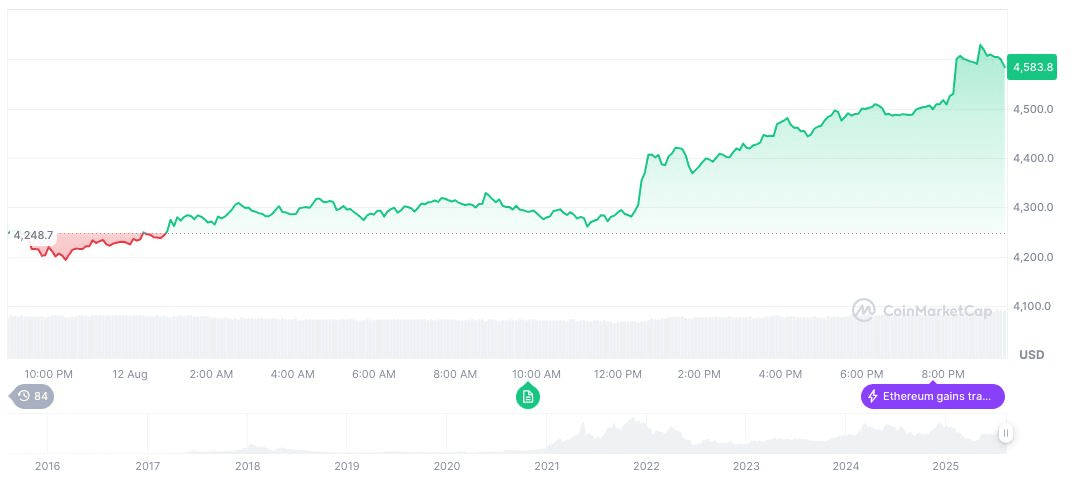Jimmy Su, Security Director of Binance, emphasized on August 13 that attackers from North Korea, particularly the Lazarus Group, pose a significant threat to the cryptocurrency industry through sophisticated cyber strategies.
This growing threat highlights the need to enhance security measures in the cryptocurrency sector, with exchanges collaborating to counter these advanced cyber threats affecting global financial security.
Binance's measures against North Korean cyber attacks
Binance has detected a persistent threat from North Korean attackers, targeting them throughout their operational history. Jimmy Su noted that these attacks are becoming increasingly sophisticated, primarily involving spoofed profiles and malicious NPM libraries. Binance collaborates with other exchanges using Signal to share intelligence.
Recently, Binance has strengthened security protocols to counter these threats, improving code review processes and focusing on identifying wrongful recruitment tactics. These changes aim to mitigate security breaches in light of evolving techniques.
Industry leaders emphasize proactive defense. Jimmy Su highlights North Korea's ongoing focus on cryptocurrency, identifying the Lazarus Group as a key player in these attacks. This underscores the need for serious action across the industry.
North Korea's tactics and the impact on the cryptocurrency market
Did you know? Most major cyber intrusions attributed to North Korea involve attackers impersonating legitimate employees, using stolen credentials to infiltrate major cryptocurrency exchanges.
As of August 13, 2025, the price of Ethereum has fluctuated significantly. CoinMarketCap reports the current price is $4,671.28, up 6.70% in 24 hours and a significant increase of 84.75% over 90 days. The market capitalization reached $563.86 billion, reflecting substantial growth.

Research analysts emphasize a collaborative approach in combating such cyber threats, focusing on robust intelligence sharing. Innovations in security technology must address evolving cyber attack methods, with exchanges working together to protect common interests.
